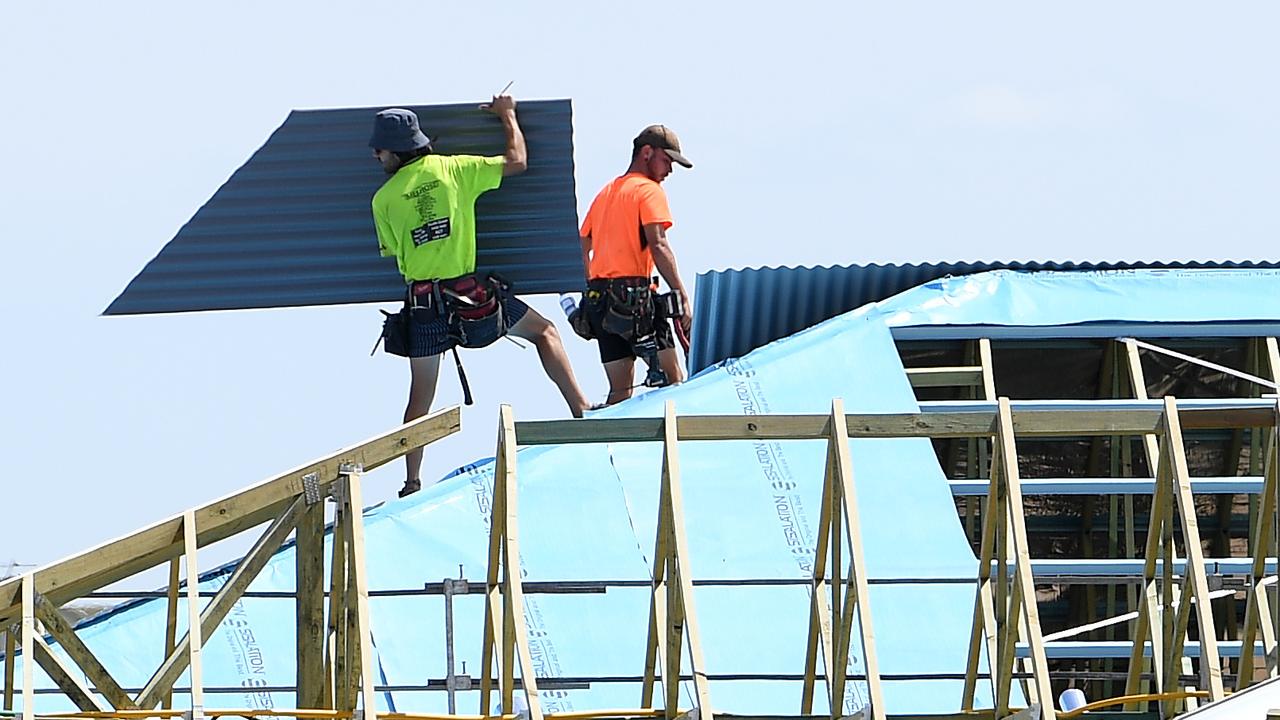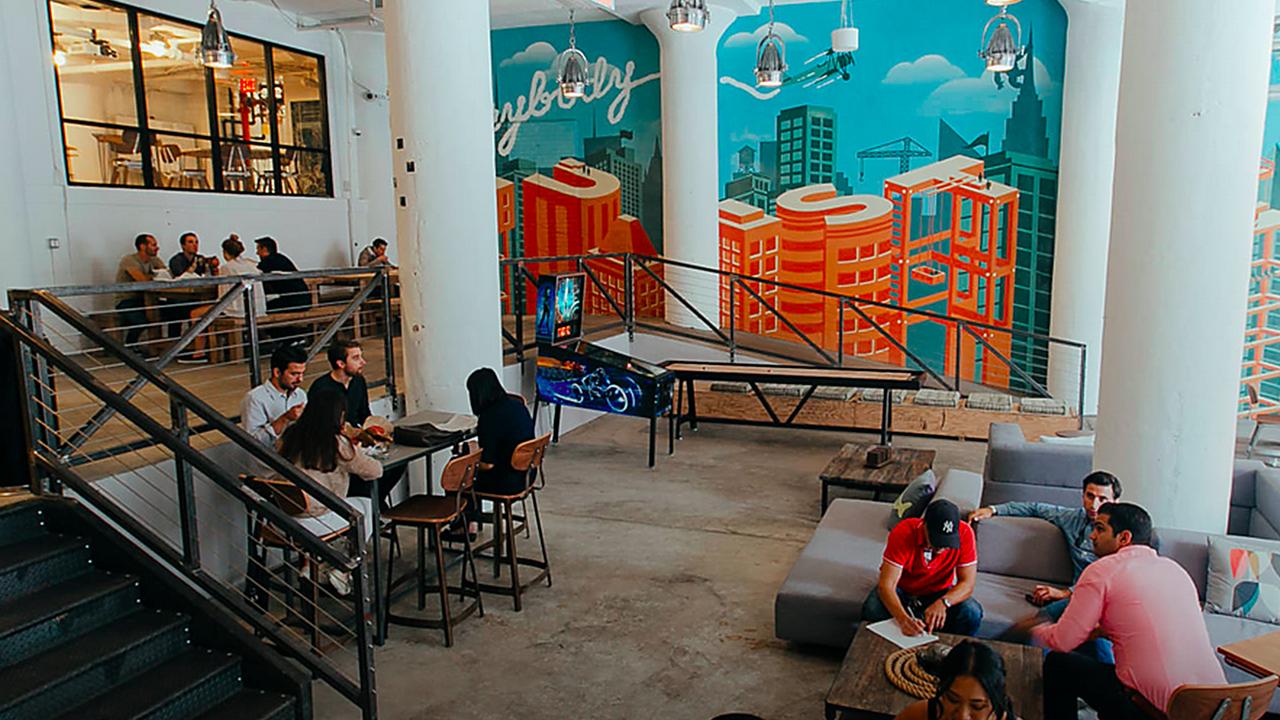Baby boomers to fill the gaps in life-stage wasteland
I HAVE always thought that the segments of the life cycle were unfair.
I HAVE always thought that the segments of the life cycle were unfair.
Life begins with infancy, which lasts for a year. Then there's toddlers who run amok between one and three years. Then there's the preschool, the primary school and the secondary school stages that take the life cycle to 17.
Superimposed on these bands are definitions such as pre- and post-puberty which roughly equate to before and after the age of 12. And then there's the teenage years, which by definition stretch between 13 and 19. There's even a time in life when newspapers refer to young males as "youths" who seem to inhabit the 15-to-17 space.
And this age classification excludes exotic tribes such as hoodlums, hooligans and louts who, often in the company of youths, mill about the late teenage years. I'm not sure why, but there appear to be fewer life-stage tags for young women than for young men. Perhaps men are more aggressively tribal.
Beyond the late teens lie young adulthood, the newlywed and the young-parent phases in life. I could get all statistical on you here, but these micro phases generally extend from 20 to the early 30s.
The late 20s and early 30s are known as the "household formation" stage in the life cycle whereas the 40s are often referred to as "mature family". And then the concept of naming a group of years for a stage in the life cycle mysteriously stops.
Occasionally "mature family" is extended to 54, but anything thereafter is known collectively as the over-55s. The only life forms to carve out separate existences beyond 55 are the grey nomads and the retirees.
Now this is what I find unfair. Life expectancy extends to the mid-80s, which means that all of life's last 30 years are barely distinguishable.
No one under 50 cares about the personal growth that might take place between 65 and 70. To young people, this half-decade swishes about within a bigger grab-bag of old age. And yet in the under 40 space every few years is tagged and admired.
Well, I say enough's enough. I may not be in the over-55s space, but I want to ensure that when I do cross the line I'm not lumped in with, you know, old people.
Look at the marketing of banks and insurance companies: they have special products with special marketing for the over-55s. Their logic seems to be, "now that you're old, we've got some cool stuff".
In the coming decade, I think baby boomers will reposition the over-55 market. No longer will this be a wasteland inhabited by the old and the decrepit but instead we will see a finer focus. Consider some of the life stages that boomers are likely to forge in the last 30 years of life.
lPortfolio Lifestyle (55-64): There are 2.5 million Australians in this life stage now; this number is expected to rise by 18 per cent over the coming decade. The portfolio lifestyle stage is a new concept invented by baby boomers as a precursor to retirement. In this stage, boomers partly work and partly focus on lifestyle. They resign and come back to work as a consultant, a contractor, a mentor or, ultimate boomer fantasy, a non-executive director. Ahhh, directors' fees for doing not that much. You do realise that public company boards are set to explode with boomers all scrambling for a seat.
lActive Retirement (65-74): There are 1.6 million Australians in the active retirement stage of life at the moment, but by 2020 this number will be 47 per cent higher. Active retirees are interested in wellness, wellbeing, travel (includes grey nomads), connecting with adult children (using new technology) and sharing time with grandchildren. Active retirees pursue clubs, volunteering opportunities and spiritual growth.
lGoing Solo (75-84): There are 994,000 people in this age group now; by 2020, this number will rise by 33 per cent. Most Australians die in this decade, which means there will be a shift from older couple households to older single households.
Going solo is fine and dandy at 25; at 80 it's a different story. A wider circle of friends evaporate or, more properly, die off by this stage. Work contacts have long since withered. What is left is a tight circle based around children and young adult grandchildren.
The challenge in this stage of the life cycle is maintaining solo living, which requires an involved extended family and broader community support.
lFrail (85-plus): There are 401,000 people aged 85-plus in Australia now; by 2020, this number is expected to be 547,000. By this stage in life, many people are utterly alone in the sense that few friends survive. Life partners are also unlikely to survive in tandem: typically, one outlasts the other. Social circles and physical mobility close ranks. The 85-plus-year-old is largely, if not entirely, reliant upon family and institutional support.
There are 30 years of life beyond 55 that are now available to many Australians. At the moment this space is a wasteland, but over the next decade I have no doubt it will blossom and yield a number of interesting submarkets. These submarkets might not get as microscopic as the stages that mark childhood, but surely there's a need to realise that not everyone over the age of 55 is the same.
Bernard Salt is a KPMG Partner
bsalt@kpmg.com.au ; www.twitter.com/bernardsalt


